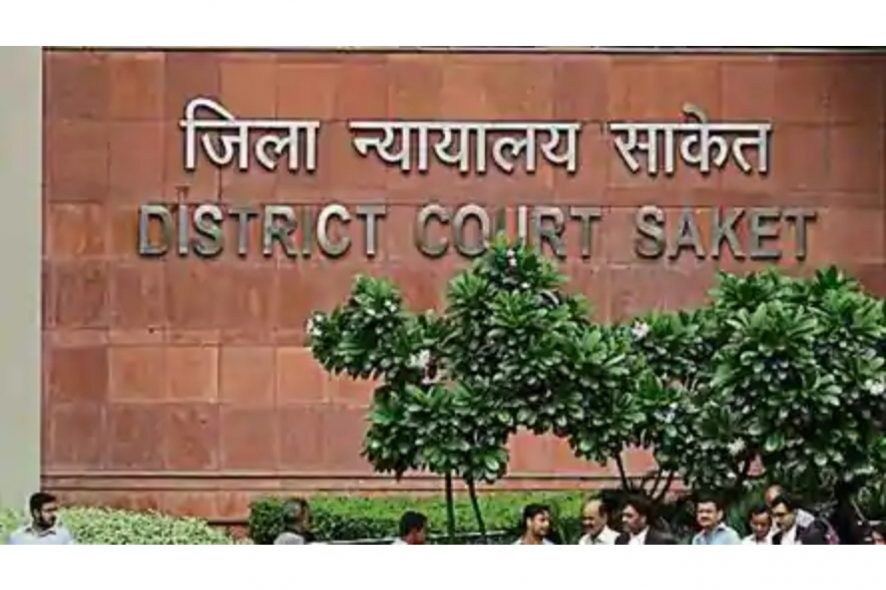Saket Courts, New Delhi: Swati Gupta, Metropolitan Magistrate reiterated what is expected of an accused to rebut the statutory presumption against him in cases of cheque dishonour under Section 138 of the Negotiable Instruments Act, 1881.
Brief facts
Complainant and accused had entered into an agreement to sell the property owned by the wife of accused for a total sale consideration of Rs 58 lakhs. The said property was to be purchased in the name of the wife of the complainant.
For the above said purchase complainant made an advance payment of Rs 24 lakhs to the accused. Later, the accused backed out of the deal and was liable to return the amount paid by the complainant as advance. Further, to discharge his liability, in part, the accused issued the cheque for a sum of Rs 5 lakhs in favour of the complainant.
When the complainant presented the cheque in question for encashment at his bank, the said cheque was returned unpaid with remarks “payment stopped by drawer”.
Thereafter, the complainant issued a legal demand notice to the accused, demanding payment of the dishonoured cheque amount. Despite the notice, the amount was not paid within 15 days mandatory payment.
In view of the above background, the present complaint under Section 138 of the Negotiable Instruments Act, 1881 was moved before the Court.
Settled Legal Position of Law
Under Section 138 of the NI Act against the accused, the complainant must prove the following:
(i) the accused issued a cheque on an account maintained by him with a bank.
(ii) the said cheque has been issued in discharge, in whole or in part, of any legal debt or other liability, which is legally enforceable.
(iii) the said cheque has been presented to the bank within a period of three months from the date of cheque or within the period of its validity.
(iv) the aforesaid cheque, when presented for encashment, was returned unpaid/dishonoured.
(v) the payee of the cheque issued a legal notice of demand to the drawer within 30 days from the receipt of information by him from the bank regarding the return of the cheque.
(vi) the drawer of the cheque failed to make the payment within 15 days of the receipt of aforesaid legal notice of demand.
The Court noted that the complainant discharged its initial burden and successfully established the above-stated ingredients of offence under Section 138 of the NI Act against the accused.
Rebuttal of the Mandatory Presumption
It is settled law that the presumptions may be rebutted by the accused either by leading direct evidence and in exceptional cases from the case set out by the complainant himself. The burden of proof was to be discharged by the accused on a preponderance of probabilities.
Further, the presumption under Section 139 of the NI Act cannot be rebutted upon a mere denial. The same can be rebutted by the accused only by leading cogent evidence.
The Court found that admittedly, Rs 24 lakhs were paid by the complainant to the accused towards advance payment for purchase of the subject property, The cancellation agreement specifying the details of the cheque in question was also admittedly, executed between the accused and the complainant.
The cheque in question was issued by the accused to the complainant in discharge of part liability in pursuance of the cancellation agreement.
In the Court’s opinion, the accused miserably failed to rebut the mandatory presumptions under Section 118(a) and 139 of the NI Act even on a preponderance of probabilities, while the complainant succeeded in proving his case beyond reasonable doubt.
Therefore, accused was held guilty and convicted of the offence under Section 138 of the NI Act. [Ramesh Kumar v. Balwant Singh, CT No. 466077 of 2016, decided on 12-10-2021]







